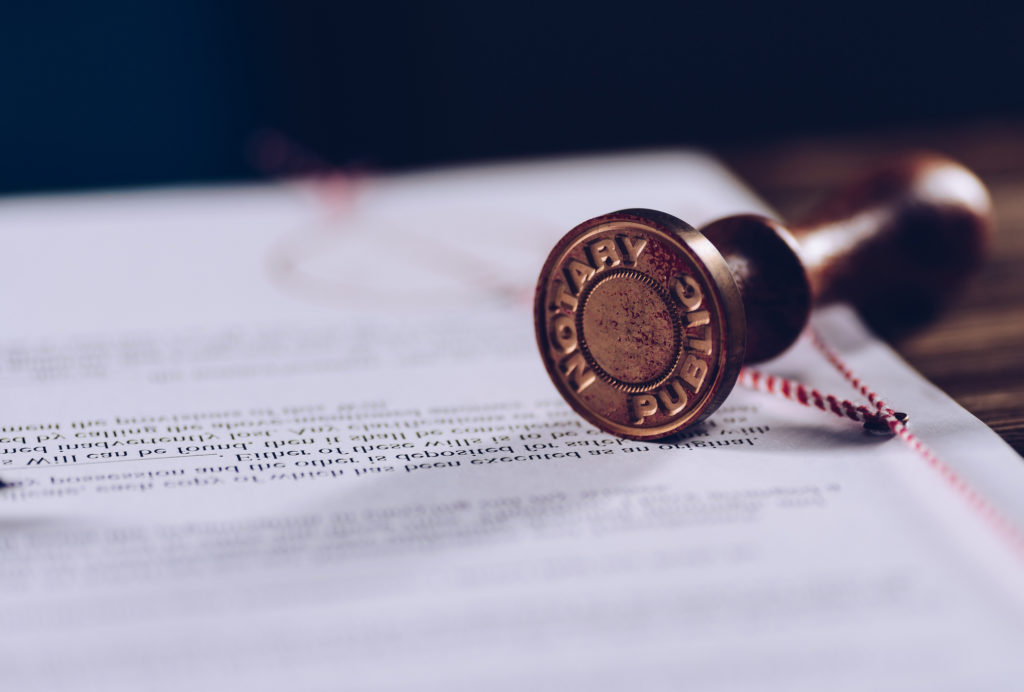DIRCO Regulations Demystified: A Guide to Diplomatic Method
DIRCO Regulations Demystified: A Guide to Diplomatic Method
Blog Article
Debunking Notarial Work: Simplifying the Role and Value of Notaries
Their function, typically shrouded in secret for several, lugs substantial weight in making certain the legitimacy and integrity of important files. By unwinding the complexities losing and bordering notarial techniques light on the value of their acts, a clearer understanding arises of the essential duty notaries play in upholding the fabric of lawful and contractual arrangements.
The Background of Notarial Work
Exactly how did notarial work evolve over time to come to be an integral part of legal and service purchases? The history of notarial job go back to ancient civilizations, where scribes played an essential function in taping crucial information and validating papers. As cultures advanced, the need for an extra formalized system to make sure the legitimacy of contracts emerged. This brought about the growth of notaries, people appointed by the state to work as impartial witnesses in lawful matters.
Throughout the Middle Ages, notaries obtained prominence in Europe, with their features expanding to include composing lawful files, licensing trademarks, and protecting records. The increase of international profession even more stressed the significance of notarial operate in validating agreements and agreements across boundaries.
In the modern period, notaries remain to play a crucial function in legal and business transactions by verifying identities, verifying the credibility of records, and preventing fraud. Their function in accrediting the credibility of contracts includes a layer of safety and security and depend the ever-evolving landscape of business and regulation.

Responsibilities and Obligations of Notaries
The historic development of notarial job from ancient civilizations to the modern-day period has formed the distinctive duties and obligations that notaries maintain in legal and business deals today. Notaries play a crucial function in verifying the credibility of records and the identification of notaries. One of their primary duties is to witness the finalizing of important papers, such as agreements, deeds, and wills, to make certain that all events are becoming part of arrangements purposefully and willingly. Notaries additionally verify that signatories are of audio mind and not under duress or browbeating.
In addition, notaries are charged with carrying out oaths and affirmations, which are important in lawful process and the execution of sworn statements. They accredit copies of original papers, supplying guarantee to institutions that the copies are real reproductions of the originals. Notaries should preserve precise documents of all deals they look after to ensure transparency and accountability. On the whole, the duties and responsibilities of notaries are vital in guarding the integrity and legality of various files and purchases.
Notarial Certificates and Signatures
Exhibiting meticulous attention to information, notarial certifications and trademarks act as important elements in confirming the credibility of lawful records. Notarial certifications typically contain important information such as the day of registration, the names of the signatories, a summary of the paper, and the notary's official seal. These certifications give a clear document of the notarial act, making sure that the file can be quickly determined and traced back to the notary that managed the process.
Signatures play a crucial function in notarial job, as they indicate the contract and consent of the celebrations involved. Notaries meticulously witness the finalizing of files to verify the identity of the notaries and confirm that they are signing of their own free choice. By attaching their why not find out more official seal and trademark to my review here the document, notaries accredit that the required treatments have actually been adhered to which the file is enforceable and legitimate.
Fundamentally, notarial certificates and signatures are the characteristic of authenticity in legal deals, supplying assurance to all parties entailed that the papers are legit and binding.
Importance of Notarial Acts

Registration Refine Clarified
Describing the notarization procedure gives clarity on the necessary steps entailed in validating legal files. The registration process commonly begins with the private providing the file to a notary public. The notary then confirms the signer's identity through acceptable identification approaches. When the identity is verified, the notary makes certain that the individual signing the record does so willingly and without any threat.
Final Thought

Notarial certificates generally consist of vital info such as the day of registration, the names of the signatures, a summary of the paper, and the notary's main seal. These certifications give a clear record of the notarial act, ensuring that the paper can be conveniently recognized and mapped back to the notary that supervised the procedure.
By fastening their main seal and trademark to the record, notaries certify that the essential procedures have actually been complied with and that the paper is enforceable and legitimate.
By confirming the identification of the notaries, verifying their determination to get in into the contract, and licensing the date and location of the signing, notaries play an important duty in supporting the validity of legal records.After the paper is authorized, the notary will affix their main seal or stamp onto the document.
Report this page